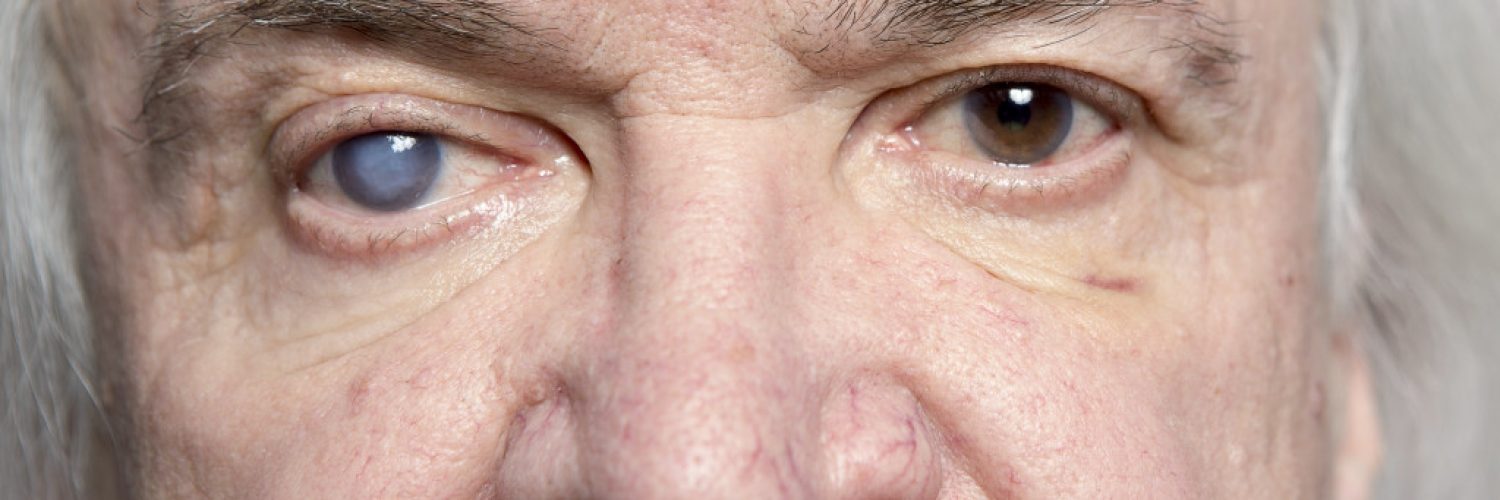Many people take their eyes for granted by not taking care of them well since seeing is a natural function of the body. It plays a very significant role in everyone’s daily life. However, the condition of your eyes changes as you age, and it can cause mild to severe vision problems.
The quality of your life can drastically change according to your eye’s health. If you ever develop conditions that make it hard for you to see things clearly, you might find it more difficult to accomplish the tasks you normally do. Because of this, you should be very careful of your eyes and know how to properly take care of them.
But aging is inevitable and can cause age-related vision problems. That’s why you should also know how to treat them in case you develop any effectively. These are the most effective ways you can treat common age-related eye conditions.
Cataracts
As we age, proteins in the lens of our eyes begin to break down. This causes your eyes to develop cloudy areas that blur your vision. Cataracts make it hard for you to see because it blocks your eye’s lens where light passes through. Their formation is usually slow and painless, and they can remain small without affecting your eyesight. However, there are severe cases that can lead to blindness.
Once cataracts become visible or interfere with everyday activities, it is best to immediately consult a doctor. There is currently only one secure option to cure this condition, and it is through surgery. This will help remove the affected area of your eyes and replace it with an artificial lens.
Dry Eyes

Your tear glands are also affected by aging, and they can cause dry eyes when they’re not working properly. Dry eyes can also be caused by a dysfunction in your meibomian glands, which secretes oils to coat the surface of your eyes. This can make you experience itchiness, redness, and a burning sensation in your eyes.
There are several ways to treat dry eyes. Your doctor might prescribe you use eye drops to help stimulate tears in your tear glands. There are also MGD treatments, such as Intense Pulsed Light and iLux treatments that soften gland secretions and remove gland blockages. Having a humidifier in your home will also be useful when you have dry eyes.
Presbyopia
Your eyes’ ability to quickly focus on objects becomes more difficult after you pass the age of 40. This is because the flexibility of your eye lenses decreases as you get older. So its ability to bend light properly in your eyes and help you focus on objects becomes more difficult. This mainly affects your ability to read and do work up close. It can also cause eye strain or headaches after you do those activities.
There is currently no available way to permanently cure presbyopia. However, you can undergo several treatments to help correct your eyesight. You can use reading glasses and multifocal contact lenses to improve your vision. Conductive keratoplasty, LASIK surgery, and refractive lens exchange are some of the surgical options that you can undergo to help you treat presbyopia, too.
Eye Floaters
The protein fibers in your eyes clump together once they shrink down to little shreds as you age and cast shadows on your retina. Floaters can appear in different shapes, such as black or gray dots, squiggly lines, and more. They are similar to the visual aura you might experience during a migraine.
You can move your eyes to shift the fluid around and remove the floaters from your vision. They don’t interfere with your eyesight and rarely get severe to require treatment. But if you develop numerous floaters that block your eyesight, you can undergo a surgical procedure called vitrectomy.
Diabetic Retinopathy
Diabetes can trigger numerous health issues that can affect different parts of your body. Excessive glucose can progressively damage your retina’s blood vessels, which are very important for good vision. This condition usually affects both your eyes and can lead to blindness. In severe cases, you can experience dark spots in your vision and even empty areas.
Immediate and consistent treatment for diabetic retinopathy reduces your risk of vision loss. You should have strict management of your blood sugar levels, blood pressure, and lipid abnormalities. Drug injections and laser treatments are the best ways to preserve your vision when there is swelling in your retina. It is also important for you to have an annual eye exam with pupil dilation.
It is important for you to be aware of different age-related eye conditions, so you will know what to do if you develop any of them. With adequate knowledge, you can properly take care of your eyes to preserve your vision as you age.

